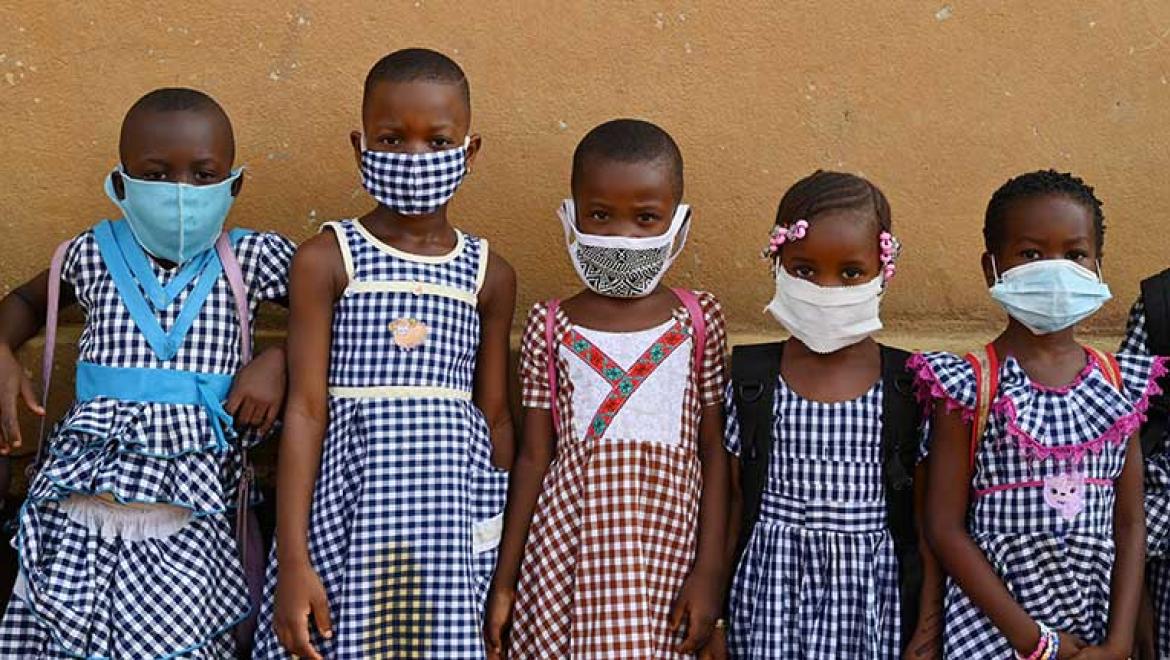New ILO-UNICEF Report shows increased risk of child labour due to COVID-19
The last two decades have seen significant strides in the fight against child labour. But the COVID-19 pandemic poses very real risks of backtracking. Positive trends may falter, and child labour may worsen, especially in places where it has remained resistant to change. These risks require urgent action to prevent and mitigate the tolls the pandemic takes on children and their families.
The full impacts and length of the crisis, and how different people will fare, remain uncertain. But some of the fallout is already obvious. The pandemic has increased economic insecurity, profoundly disrupted supply chains and halted manufacturing. Tightening credit is constraining financial markets in many countries. Public budgets are straining to keep up.
When these and other factors result in losses in household income, expectations that children contribute financially can intensify. More children could be forced into exploitative and hazardous jobs. Those already working may do so for longer hours or under worsening conditions. Gender inequalities may grow more acute within families, with girls expected to perform additional household chores and agricultural work.
